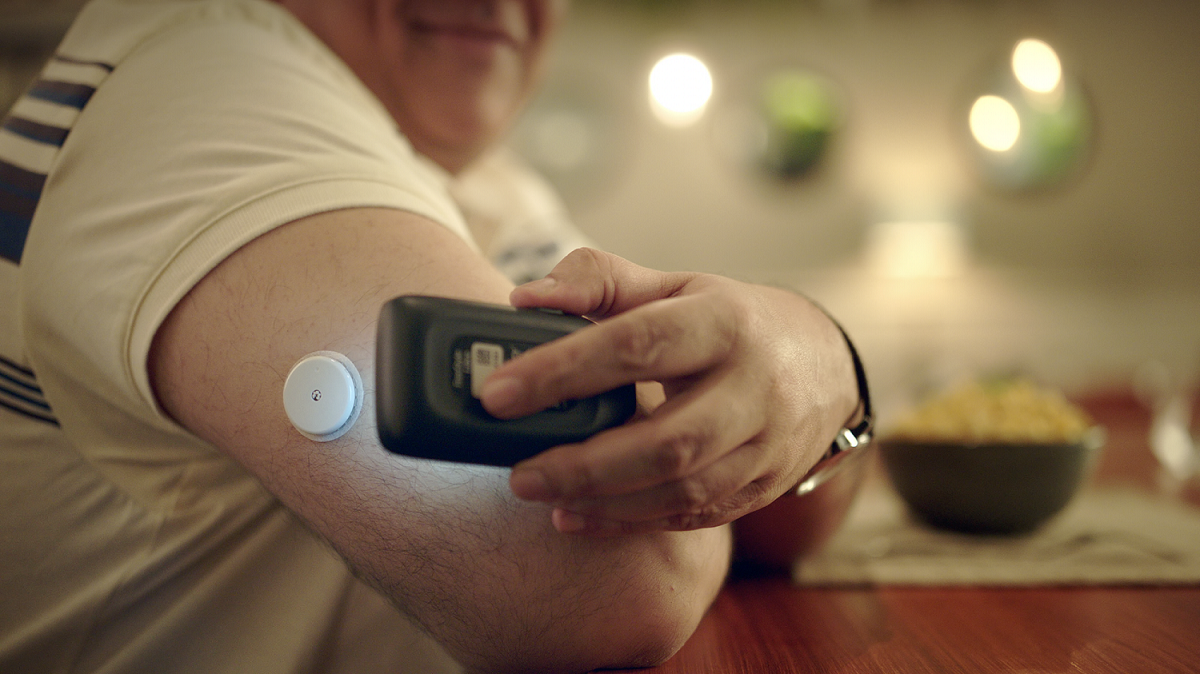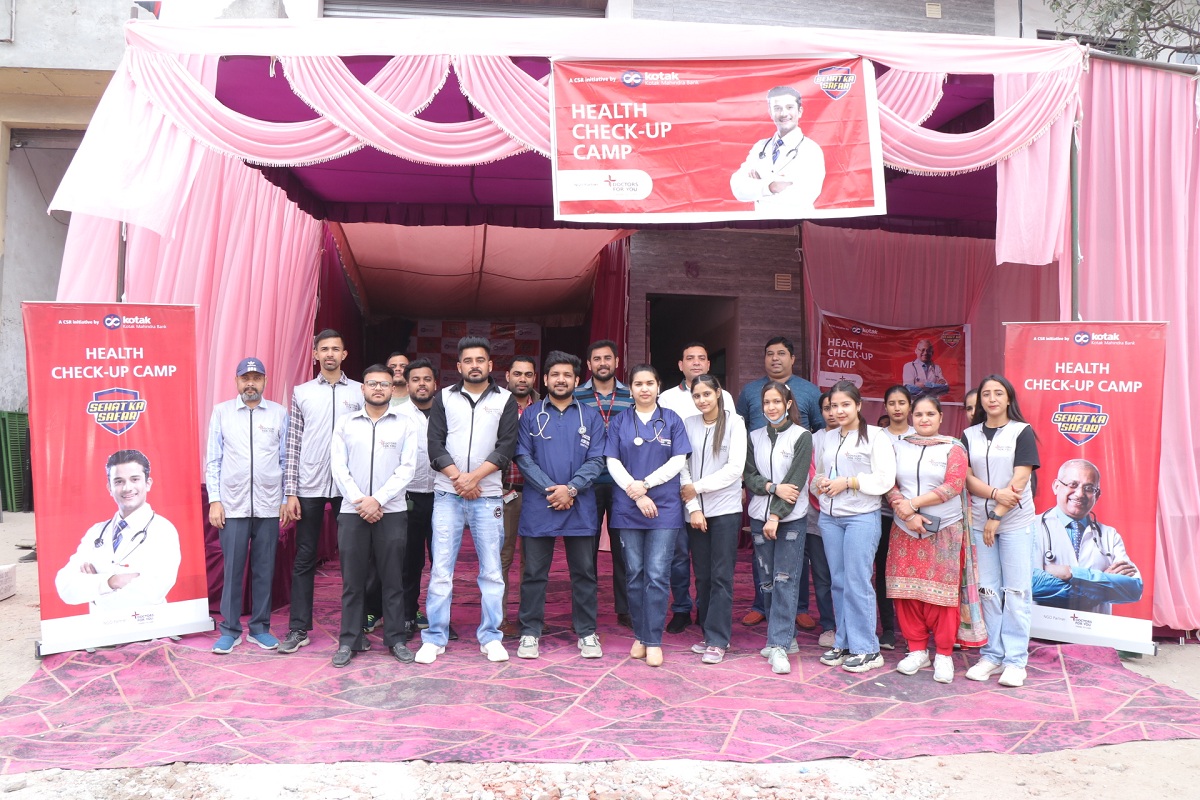Ramadan, the Islamic holy month, presents unique challenges for those with diabetes. Balancing religious obligations with health considerations is essential for maintaining well-being during this holy month. Fasting from dawn until sunset is a fundamental pillar, but it can cause fluctuations in blood glucose levels. Pre-dawn meals and evening feasts need careful consideration to prevent sudden spikes or drops. Regular monitoring is crucial for those with diabetes, using devices like continuous glucose monitoring (CGM). A balanced diet and regular monitoring are essential for effective blood glucose management during Ramadan.
Dr. Supratik Bhattacharyya, MBBS, MD – Medicine, MRCP (UK), MSc. – Endocrinology & Diabetes, FRCP, AMRI Hospitals, Kolkata, highlighted the importance of monitoring blood glucose levels during Ramadan for individuals with T2DM, particularly T1DM, to prevent hypoglycemic events during the prolonged fasting period. He said “The best way to go about it is to use a sensor connected to the app on the phone, which would track the blood glucose levels throughout the day (CGM). Patient can conveniently scan and get essential information regarding their glucose levels without having to prick themselves. Individuals who wish to fast are advised to consult their doctor before the start of Ramadan so that the doctor can adjust the dose and timing of the medications or insulin as appropriate.”
During Ramadan, consider these tips to effectively manage your diabetes:
1. Regularly monitor blood glucose levels: Consistent monitoring of blood glucose levels is crucial, and CGM devices provide real-time glucose monitoring. This data, accessible on smartphones, aids in decision-making regarding food, physical activity, and therapy. It enables corrective actions in meal plans and helps maintain health during periods of high blood sugar levels.
2. Keep your body moving: Physical activity is crucial for maintaining good health and managing diabetes. It’s essential to avoid overexertion and aggressive workouts during fasting, and instead engage in simple 30-minute exercises like walking or yoga. This will help manage diabetes effectively, while also ensuring proper nutrition and proper exercise during fasting.
3. Properly recharge your body with nutrients during Iftar: During Iftar, it is essential to recharge the body with nutrients by breaking the fast with dates and fruits, followed by a balanced meal. Drink water and avoid sugary drinks. A stable meal plan should balance carbohydrates, protein, and fats. Consume fiber-rich starchy foods and proteins like fish, tofu, and nuts. Consider taking diabetes-specific oral nutritional supplements like Ensure Diabetes Care as an evening snack to manage blood glucose, hunger, and energy levels. Consult a doctor for the right solutions.
4. Improve your sleep schedule: Ramadan often involves late nights with friends and family, but ensuring adequate sleep is crucial for maintaining good health, preventing sleep deprivation, supporting immunity, metabolism, and regulating blood glucose levels, which are essential for managing diabetes, and preventing negative impacts on hunger or craving levels.




